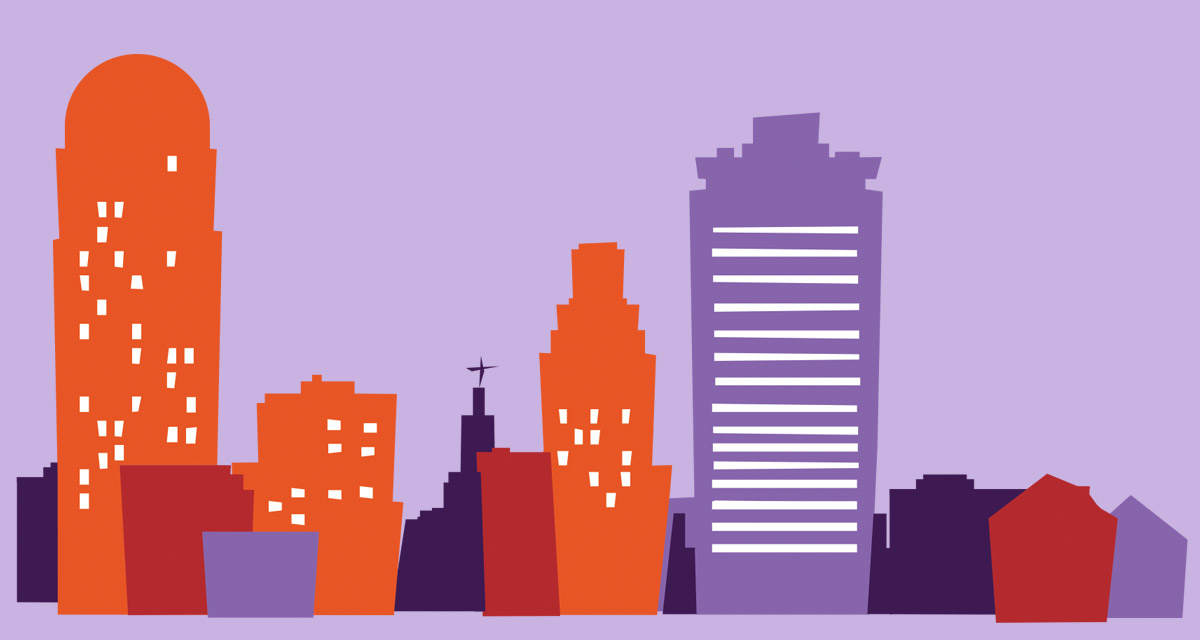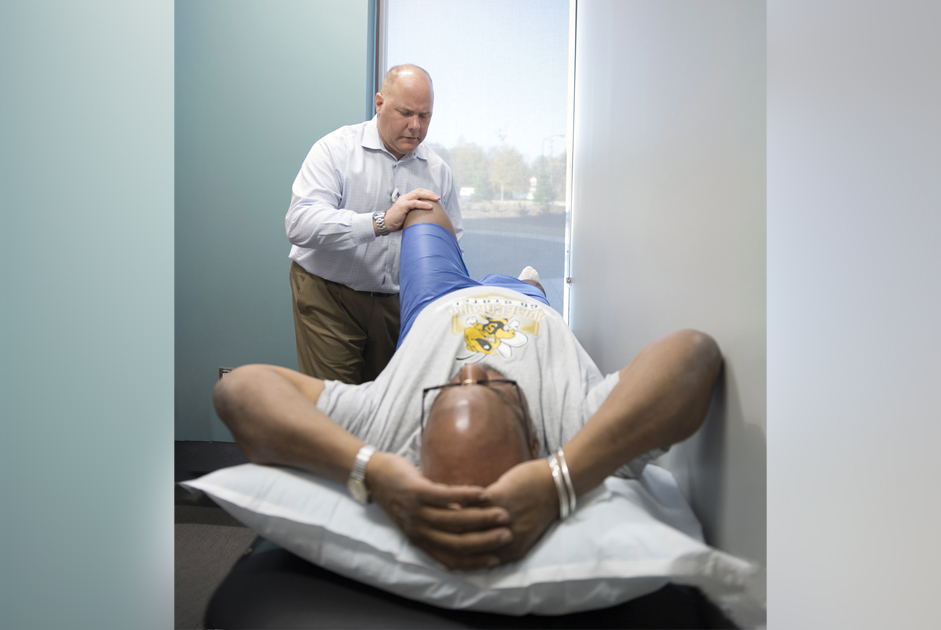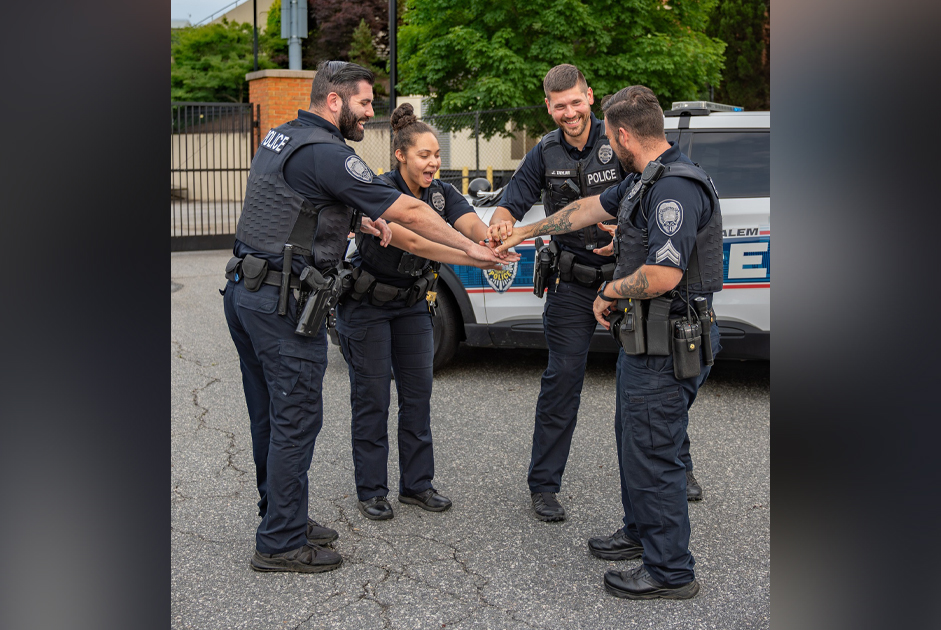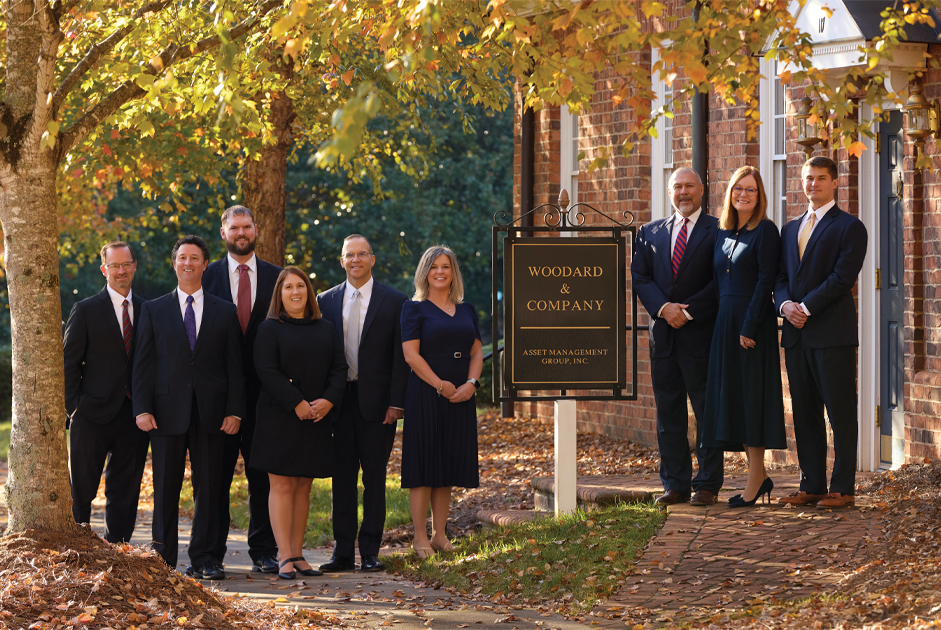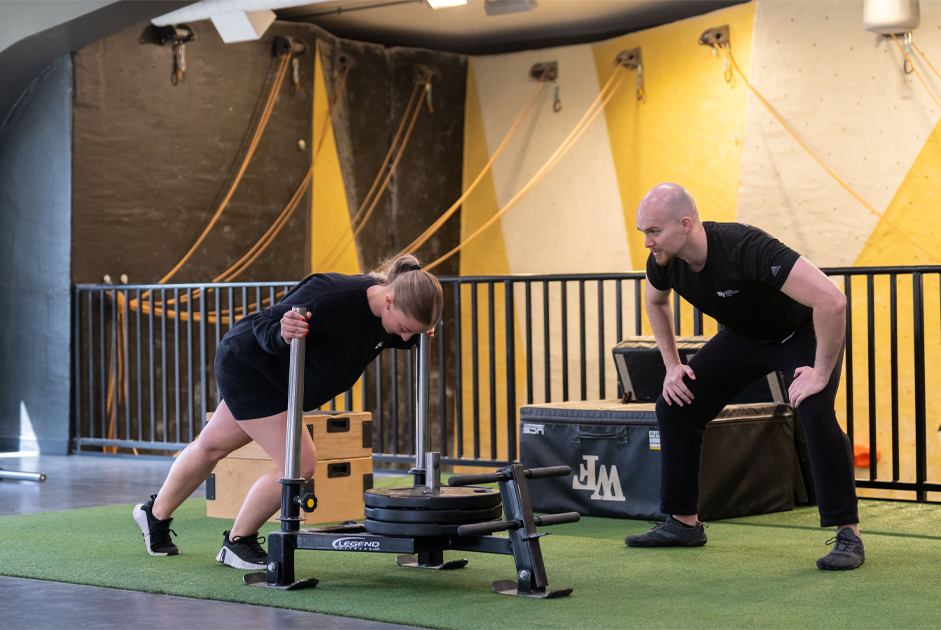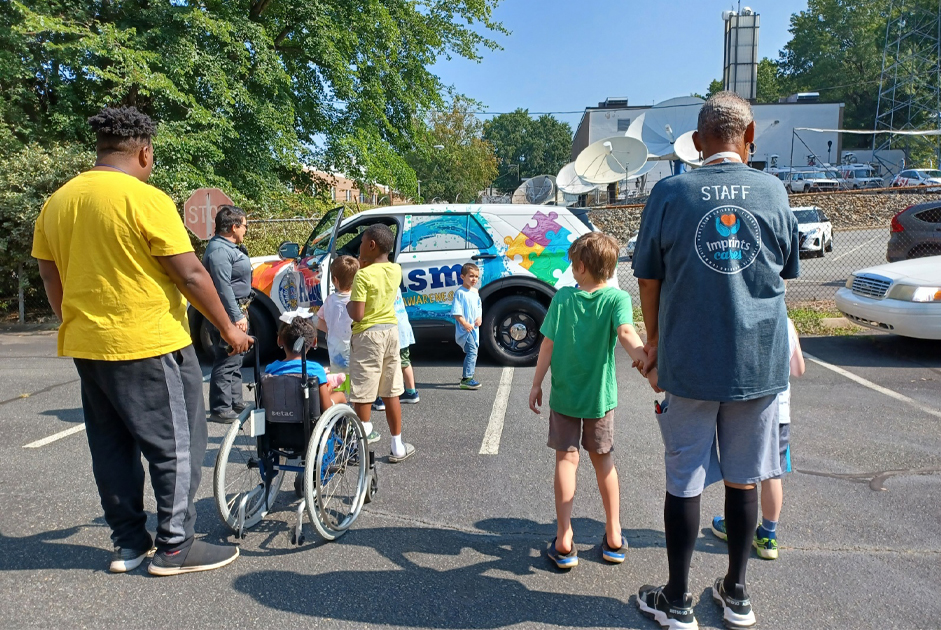Winston-Salem and Forsyth County are thriving. The Wake Forest Innovation Quarter is bustling with start-ups, tech firms, the Wake Forest University Medical School, and events in Baily Park. Downtown is brimming with restaurants and attracting new residents. Business 40 will soon become a safe and swift expressway, adorned with creative corridors.
And, Winston-Salem and Forsyth County are at or near the bottomof many national rankings:
- Fourth from the bottom of all the counties in the country in economic mobility.
- 269th out of 274 cities in terms of racial and economic inclusion.
- The 16th highest rate of housing evictions among 100 mid-size cities.
- The highest rate of child food-insecurity in the country.
Can this tale of two cities be woven into a single story of shared prosperity?
While economic development is the essential driver, community-building organizations have a unique role to play in forging a sustainable community that provides opportunities for all its residents.
Family Services is one of the many community-building organizations (CBOs) that are working to create healthy, equitable communities. Our annual contribution to the well-being of the 10,000 families and children we serve is significant:
- 619 children, ages 0 to 5, are learning the social and emotional skills that are necessary for school readiness and life;
- 400 four-year-olds in our Head Start program, all of whom come from low-income homes, graduate ready for kindergarten;
- 93 percent of teachers participating in our Forsyth County School Readiness Project report significant improvement in the behavior and self-regulation of their 3- and 4-year-old students;
- 80 percent of counseling clients make good to excellent progress on their goals;
- 96 percent of abused children served through our Child Advocacy Center do not experience a recurrence of abuse.
However, Family Services and other CBOs face challenges and threats to our capacity to do all that is needed—“all that is asked of us”—to build strong families and communities and contribute to the economic vitality of Forsyth County.
Are we overlooking the economic value of community-building organizations like Family Services?
Nationwide, human services CBOs benefit one in five Americans collectively, employ more than 3 million Americans, and generate more than $200 billion in economic activity annually.
While human services CBOs are providing clear value today, our potential is much greater. Yet, against the backdrop of an increasing need for agencies like Family Services—driven by income inequality, lagging student achievement, an aging population, and the challenge of the opioid epidemic—the financial stability of the human services sector is deeply threatened.
Recent studies show that too many CBOs operate under persistent deficits, have few or no financial reserves, and lack access to capital to invest in technology and modern data-sharing tools. Addressing these complex and interrelated challenges requires a comprehensive response.
That’s why we continue to work with community partners to strengthen Family Services’ capacity for innovation and adapt to meet evolving needs through our core program areas: counseling, family safety, and child development. We are pursuing community-wide initiatives to expand Pre-K programs and prevent family violence.
Community change is dependent upon community engagement.
We are also committed to ensuring that the human services sector in Forsyth County has the resources needed to make our rankings on economic mobility, social inclusion, housing stability, and childhood well-being the rival of any city in the country.
That’s why we’re also committed to building stronger relationships with public and private funders who recognize the importance of the capacity for innovation and are eager to invest in it.
Our “Raising Every Child” capital campaign, for example, addresses Forsyth County’s pressing needs of the most vulnerable population, children from birth to age 5. Led by community volunteers, the $3.75 million campaign will improve the physical, social and emotional health of 1,500 young children annually. Benefiting children, families and preschool teachers, “Raising Every Child” contributes to building a better future for our community.
More than $3.2 million, or 88%, of the goal has been raised from community foundations, businesses and private donors. This response to “Raising Every Child” gives us hope as we turn to the community to reach our goal and help close the opportunity gap a little more—writing a tale of a singular city in which every child and family can thrive.
We are grateful to the community and many sustaining partners who work with us each year to create a better future for all of us.
Thank you for keeping the VISION IN MOTION!

